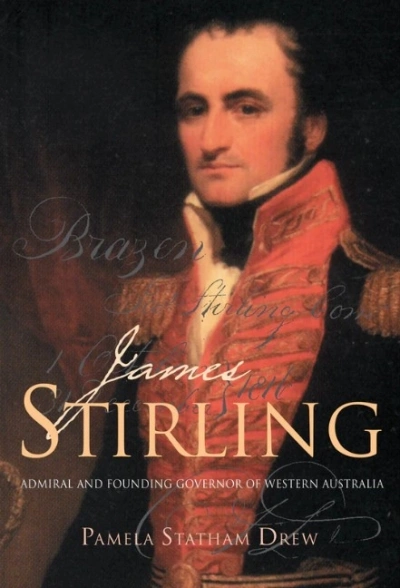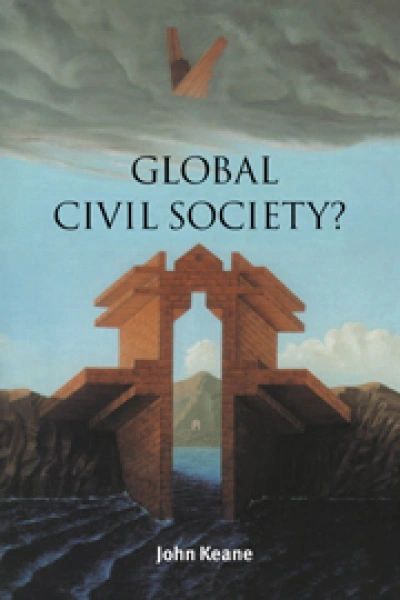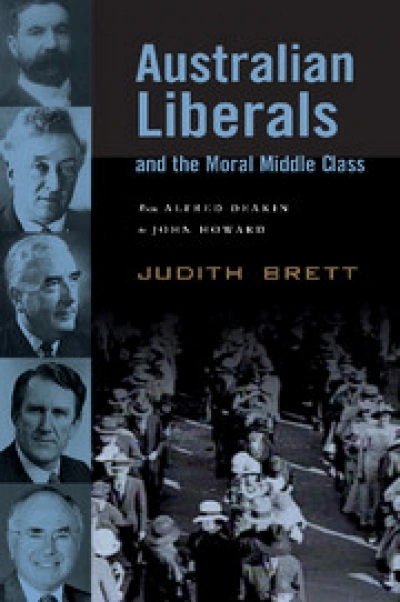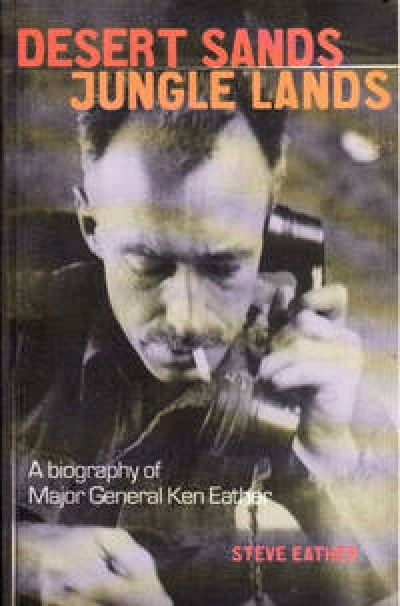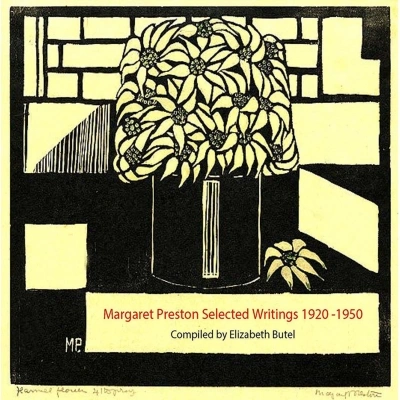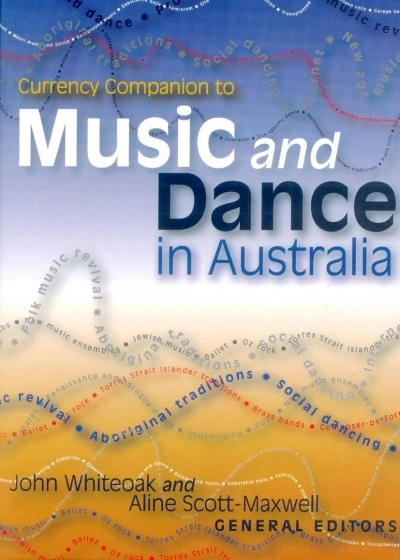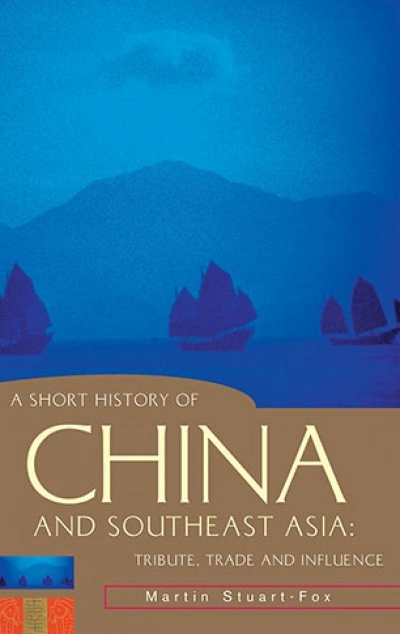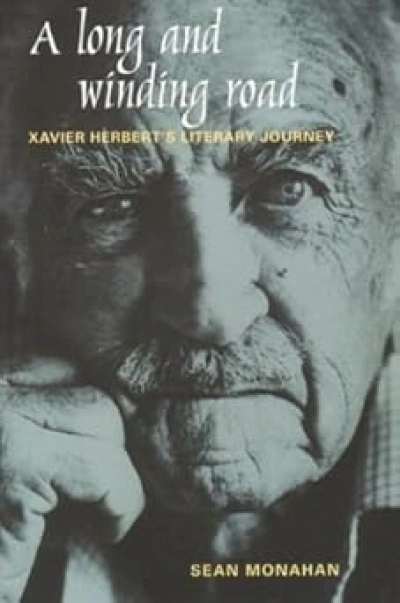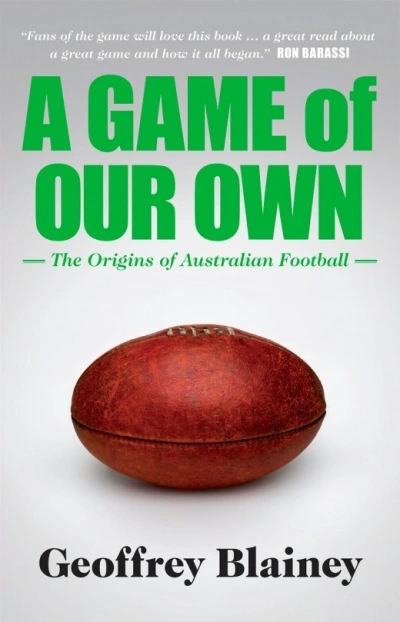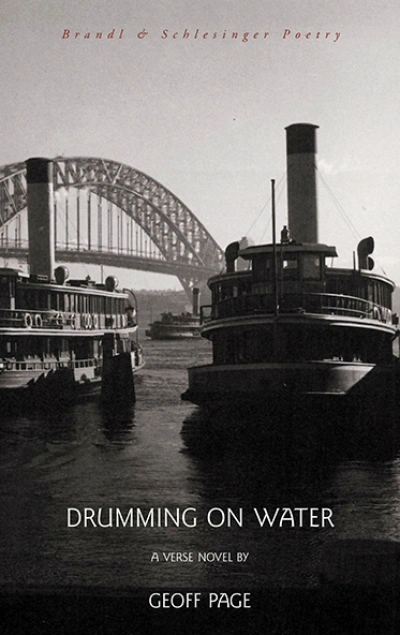Review
James Stirling: Admiral and Founding Governor of Western Australia by Pamela Statham-Drew
by David Hutchison •
Australian Liberals and the Moral Middle Class: From Alfred Deakin to John Howard by Judith Brett
by Nathan Hollier •
Desert Sands, Jungle Lands: A biography of Major General Ken Eather by Steve Eather
by Mark Johnston •
Art and Australia by Margaret Preston: Selected writings 1920–1950 edited by Elizabeth Butel
by Alisa Bunbury •
Currency Companion to Music and Dance in Australia edited by John Whiteoak and Aline Scott-Maxwell
by John Rickard •
A Short History of China and Southeast Asia: Tribute, trade and influence by Martin Stuart-Fox
by David Reeve •
A Long and Winding Road: Xavier Herbert's literary journey by Sean Monahan
by Shirley Walker •
A Game of Our Own: The origins of Australian football by Geoffrey Blainey
by Brent Crosswell •

